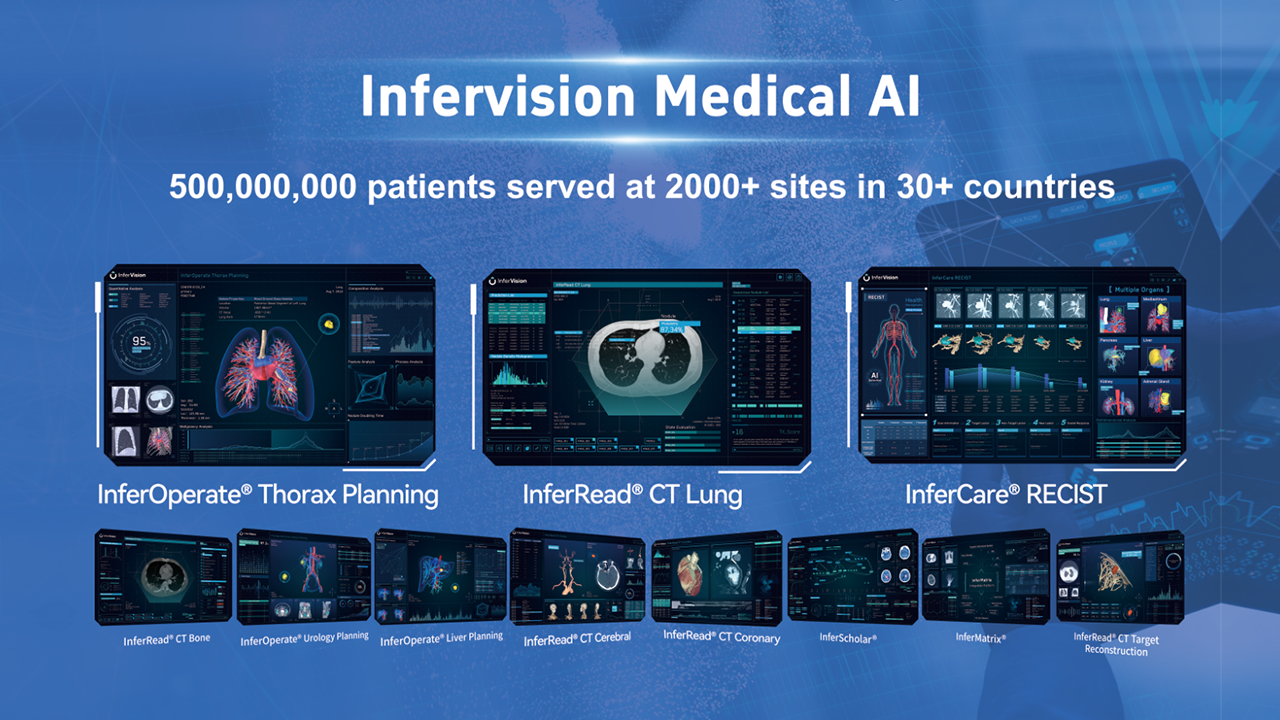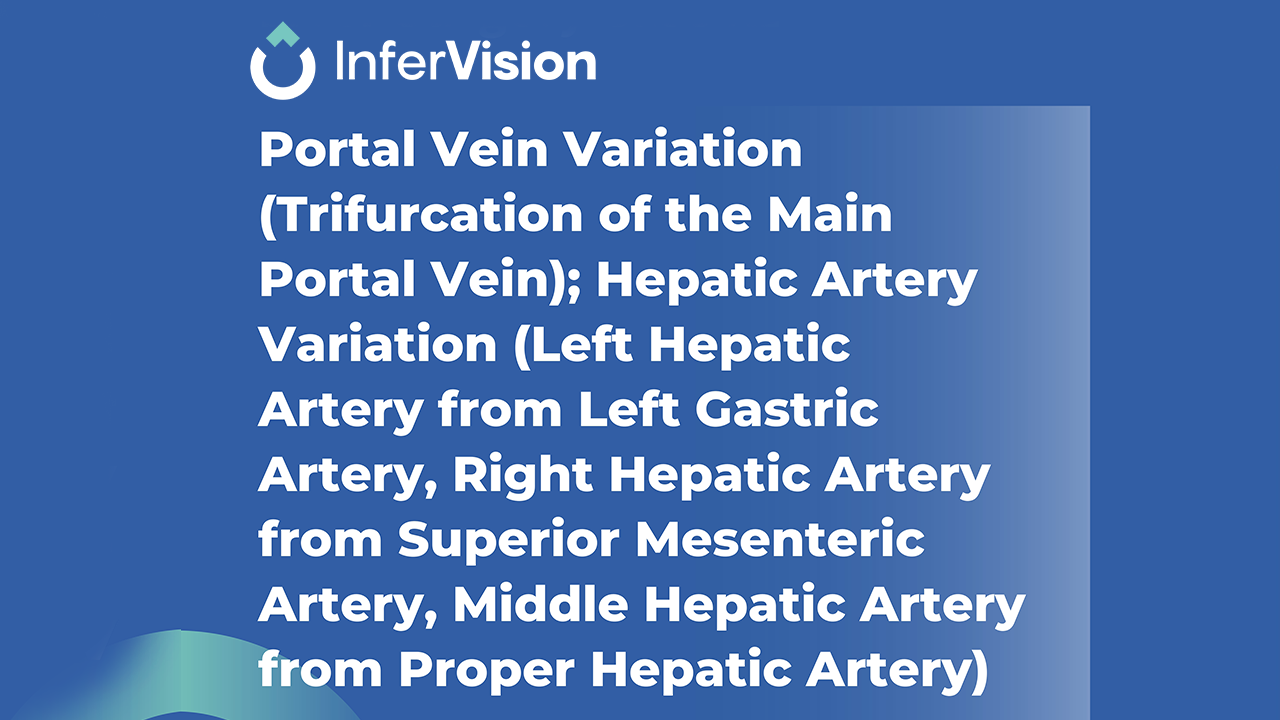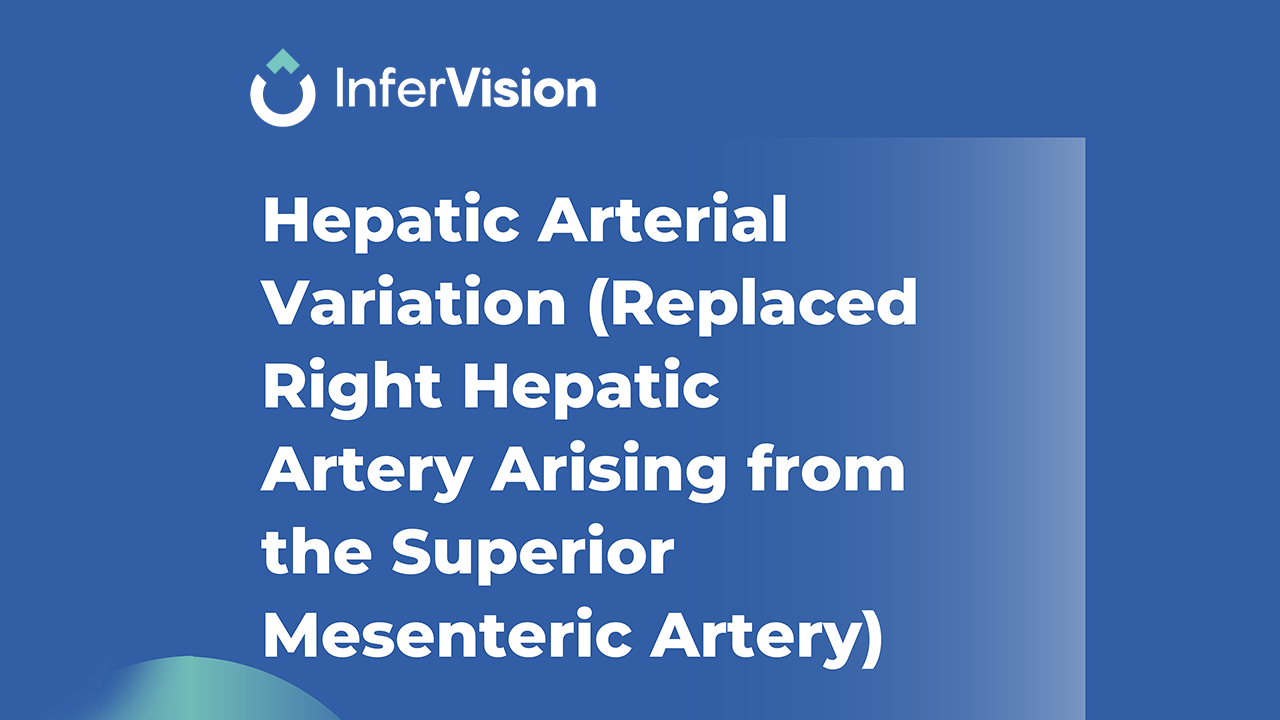
The device for reading the CT scans for lung cancer screening that, as of June, will be carried out by 38 Spanish hospitals (nine of them in Catalonia) will be done with artificial intelligence (AI), as EL PERIÓDICO has learned. The AI will do a first reading of the scan, then a radiologist will review the results in a second reading. These screenings will mean about 50,000 more CT scans per year in all of Spain, but there is a lack of radiologists, as recognized by the Catalan Society of Radiology: «between 10% and 15% of each hospital staff”. With AI, a single radiologist will be enough, instead of two, to read each CT. Next month a pilot test of the national Cassandra project (Cancer Screening, Smoking Cessation and Respiratory Assessment) will begin in the public health system ), a multidisciplinary program promoted by the Spanish Society of Pneumology and Thoracic Surgery (Separ), aimed at early detection of lung cancer in people between the ages of 50 and 75 who are smokers or have quit smoking, at least in the last 15 years.
This pilot test, which will be carried out in five years, aspires to be part of the national health portfolio in 2028 to reduce the mortality of lung cancer that each year in Spain claims the lives of 30,000 people. "These screenings represent a lot of more CT scans and there is a lack of radiologists," says Marcelo Sánchez, a radiologist at the Hospital Clínic. The AI is present in the public health system. One example (among many): the Parc Taulí Hospital in Sabadell uses it to manage its Emergency Department.
The lA does not pose a danger to the correct interpretation of these diagnostic tests. Hospitals such as the Hospital Clinic already use it in other screenings, such as breast screening. «The classic way was the double radiological reading [two readings by a different radiologist], but for some time already the first reading was done by the AI and the second by a radiologist», says Sanchez. This is what will now be done in lung cancer screening. According to this doctor, the AI “works very well”, although not “perfectly”. Thus, it is not approved to act in an isolated and autonomous way but must always be reviewed by a medical professional. But in certain aspects, it can be very useful. “It's faster, but not necessarily more accurate. For example, it normally gives false positives, so you always have to check. But it is true that the LA is very constant in its evaluations”, says Sánchez.
The Cassandra project will include the detection not only of tobacco-related lung cancer, but also of other diseases, such as coronary calcifications or pulmonary emphysema. The use of IA in lung screening is somewhat new. But artificial intelligence has already been used to assess historical TCs and has shown that "it works very well", "Now we will use it for that, because of the many TCs that will have to be read and due to the lack of radiologists,” says Sánchez. The Cassandra project, which will promote lung cancer screening in Spain plan to use AI software for the 38 hospitals that will carry out these tests. The system will include an artificial intelligence system for reading the image. "This will save a lot of time compared to the reading that a radiologist can do," says Juan Carlos Trujillo, coordinator of the Cassandra project and clinical chief of the Thoracic Surgery Department of the Hospital de Sant Pau (Barcelona). Trujillo believes that, in the future, screening for any disease will go through IA, which has a "very low" error rate. I think it can be beneficial when it comes to seeing things," he says.
Lung cancer screening will be carried out on people between 50 and 75 years old and based on cigarette consumption. These cigarettes are calculated according to the annual cigarette pack index (IPA): the number of cigarettes per day multiplied by the number of years smoking divided by 20.





